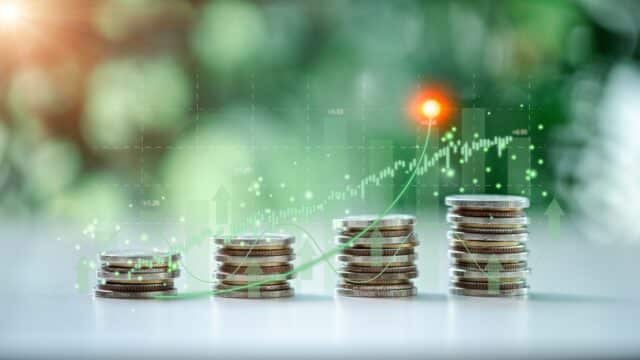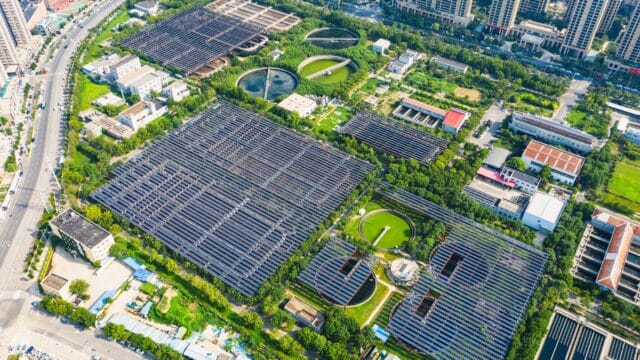Articles

Water Pollution in India and Its Toll on Rivers and People
Water pollution in India remains an urgent crisis, threatening public health, ecosystems and the economy despite ongoing cleanup efforts. With 40% of monitored river stretches failing to meet basic water-quality norms and groundwater contamination on the rise, urgent, coordinated action is needed to safeguard the country’s scarce freshwater resources.

China’s Policymakers Face Big Choices After No Emissions Growth for 18 Months [Op-Ed]
China’s emissions have stabilised or fallen since mid-2023, despite continued growth in fossil fuel demand, driven by a clean-energy surge in wind, solar, and rail-based transport. With grid reforms, storage, and policy shifts, Beijing now faces a pivotal choice: sustain the clean-energy boom and curb coal, or slow the pace of decarbonisation as fossil fuels rebound in the economy. The coming five-year plan will determine whether China peaks emissions early and accelerates toward its 2030 and 2060 climate goals.
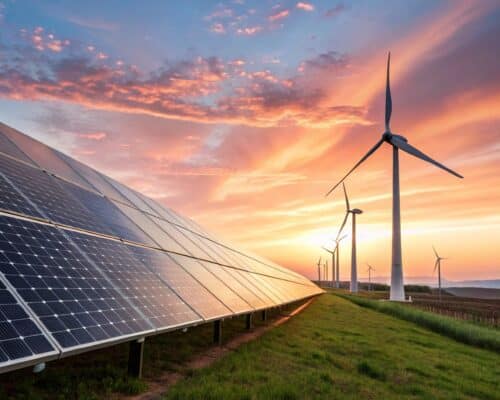
Is Renewable Energy Reliable in a High-demand World?
Renewable energy has transitioned from the fringe to the backbone, with advancements in storage, forecasting and smarter grids enabling the delivery of reliable and cost-effective power. New data show that wind and solar are delivering record shares globally, supported by regional interconnections and long-duration storage that enhance resilience and grid stability.
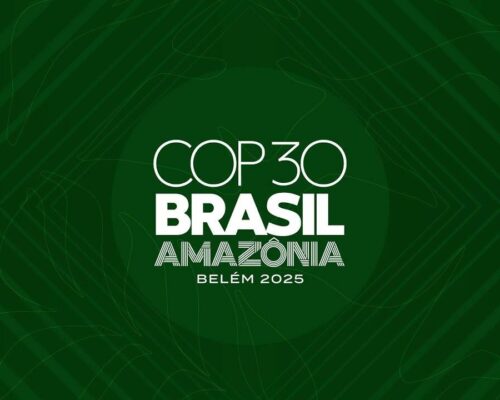
COP30 Outcomes: Takeaways from the UN Climate Talks in Brazil
COP30 ended with some significant wins for climate action. Adaptation finance was increased, new funding was gathered for renewable energy, and a 1.5°C goal was reaffirmed. However, the lack of a plan for a global phase out of fossil fuels soured the final COP30 text. This dichotomy defines this year's COP and highlights the lack of continuity in critical aspects of global climate action.

Special Focus on AI and Climate Change at COP30
AI's growing energy use can do enormous environmental damage and the technology can magnify climate disinformation. However, it can also improve early warning systems, improve climate change adaptation and reduce CO2 emissions when powered by renewables. Governments and corporations have to choose which path to take.

Why Smog in Pakistan Is Worse Than Ever in 2025
Pakistan is gripped by a year-round smog emergency, with PM2.5 levels far exceeding WHO guidelines and cities like Lahore among the world's most polluted. The crisis stems from a combination of industrial emissions, unregulated brick kilns, vehicle exhausts and seasonal crop burning, all of which are compounded by cross-border pollution and ageing infrastructure. Urgent, system-wide action — accelerating the adoption of renewables, reducing emissions from transport, and strengthening regulations — is needed to safeguard public health and restore the country’s air quality.
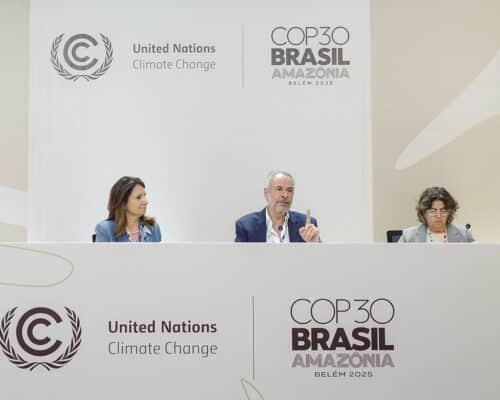
No Progress on the Global Stocktake at COP30
While scientists increasingly consider the 1.5°C goal impossible to achieve, public and private sector stakeholders at COP30 can still help ensure a livable future for the next generation by uniting and working to urgently phase out fossil fuels, halt and reverse deforestation and scale up renewable energy sources.
Singapore’s 2025 Election Sets Stage for Renewable Energy Strategy
Singapore's recent general election propelled the ruling party's renewable energy mandate and set the stage for the city-state's sustainable future. However, obstacles remain, including a limited landmass for solar and wind power projects, an overreliance on natural gas in the power sector and coordinating and managing renewable energy imports from its neighbours in the region.

At COP30, Transportation Emissions Remain a Big Hurdle
COP30 highlighted a critical gap: despite funding pledges, transport remains underfunded and slow to decarbonise. With Asia’s rapid urbanisation driving demand for mobility, accelerated, equity-focused investments in clean and inclusive transport are urgently needed to avoid locking in high emissions and inequitable access.
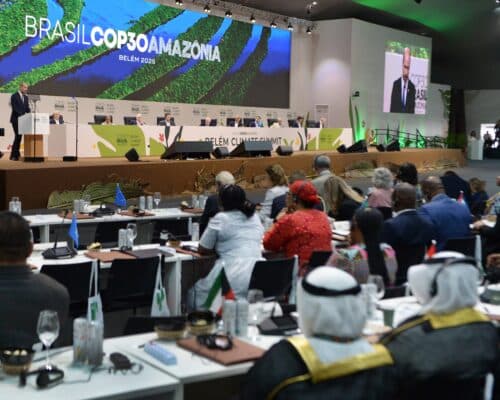
Climate Finance at COP30: Can Developing Countries Expect a Breakthrough?
As COP30 unfolds in Belém, developing nations press for action over pledges, urging a shift from climate finance commitments to real-world implementation. The toll of climate disasters in 2025 underscores the urgency: loss and damage funding remains far short of what’s needed, even as new tools and debt-for-climate swaps begin to unlock potential investments.
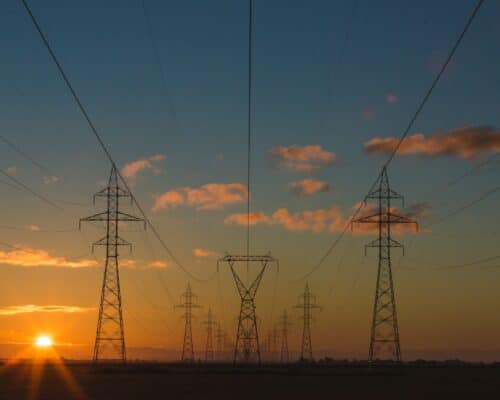
What COP30 Should Deliver to Advance the ASEAN Power Grid
The regional grid, a decades-old concept, could significantly accelerate Southeast Asia’s transition to renewables, ensuring stable, secure, clean and affordable electricity for countries in the region. However, for that to happen, leaders at COP30 must address the policy and financing roadblocks impeding the initiative.
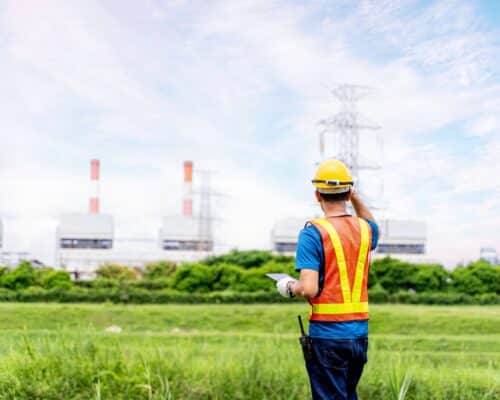
How Thailand Can Transition from Gas Dependency Risks to Clean Energy Gains [Op-Ed]
Thailand’s growing dependence on imported Liquefied Natural Gas (LNG) bears the risk of becoming a costly vulnerability. Yet by redefining the role of gas and accelerating the shift to renewables, as well as incorporating flexibility and grid modernisation into its energy planning, Thailand can turn risk into resilience and build a cleaner, more competitive economy.

47th ASEAN Summit 2025 Ends With Trump Promising Support to Southeast Asia
ASEAN is becoming a key point of interest to global superpowers. However, it remains critical that, in the negotiation process, Southeast Asian economies don't neglect their own interests as in the case of the energy transition, where they are increasingly succumbing under the external pressure of the fossil fuel lobby.
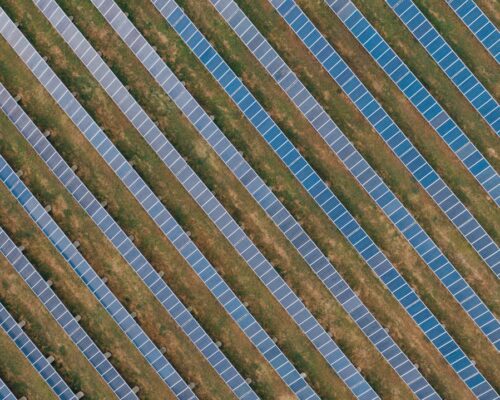
Proposed Ammonia Co-firing Solutions More Expensive than Renewables
The LCOE for ammonia co-firing exceeds that of renewable electricity, rendering Southeast Asia’s plans economically unfeasible. According to experts, instead of exposing themselves to the financial, environmental and health risks associated with ammonia co-firing, ASEAN nations should prioritise the accelerated deployment of renewable energy.
Most Popular
Most Popular
Categories
-
10
-
34
-
126
-
4
-
17
-
46
-
52
-
11
-
10
-
15
-
24
-
6
-
5
-
1
-
6
-
283
-
200
-
17
-
24
-
1
-
1
-
23
-
41
-
44
-
88
-
18
-
86
-
41
-
17
-
11
-
43
-
54
-
86
-
299
-
22
-
44
-
36
-
11
-
42
-
36
